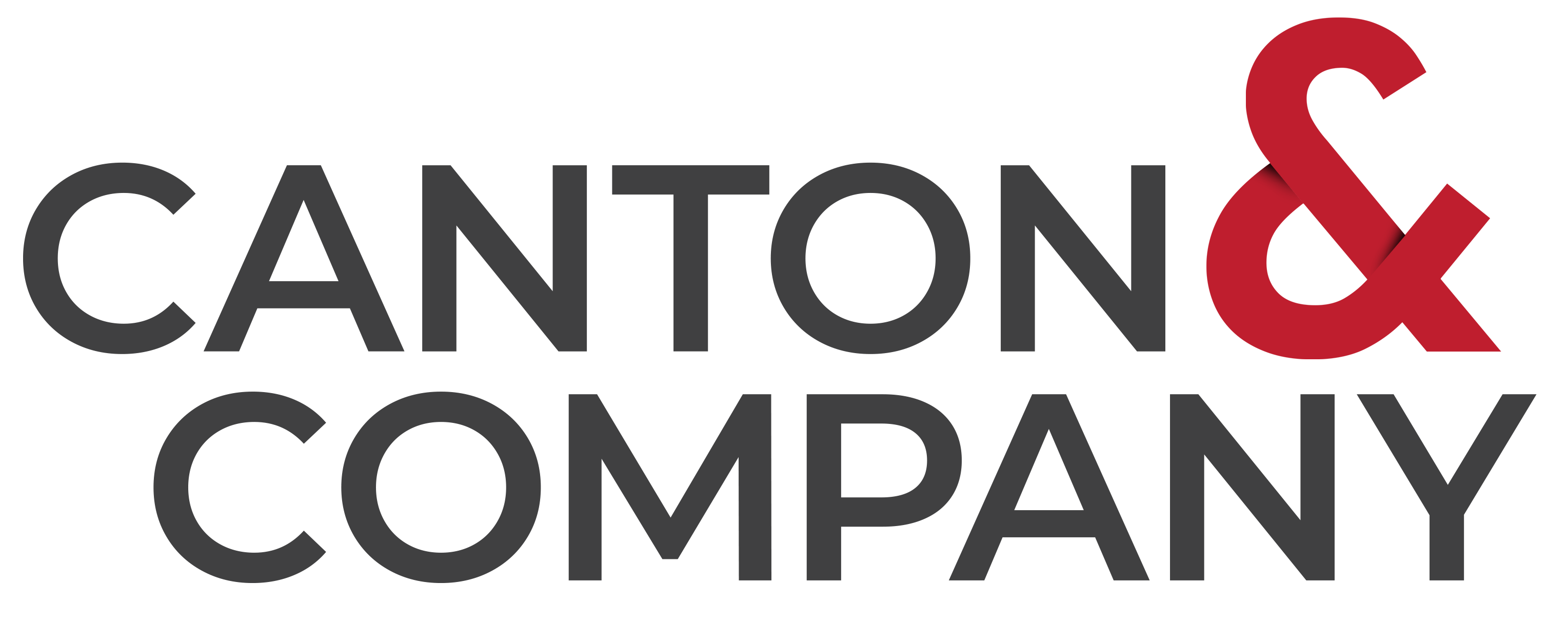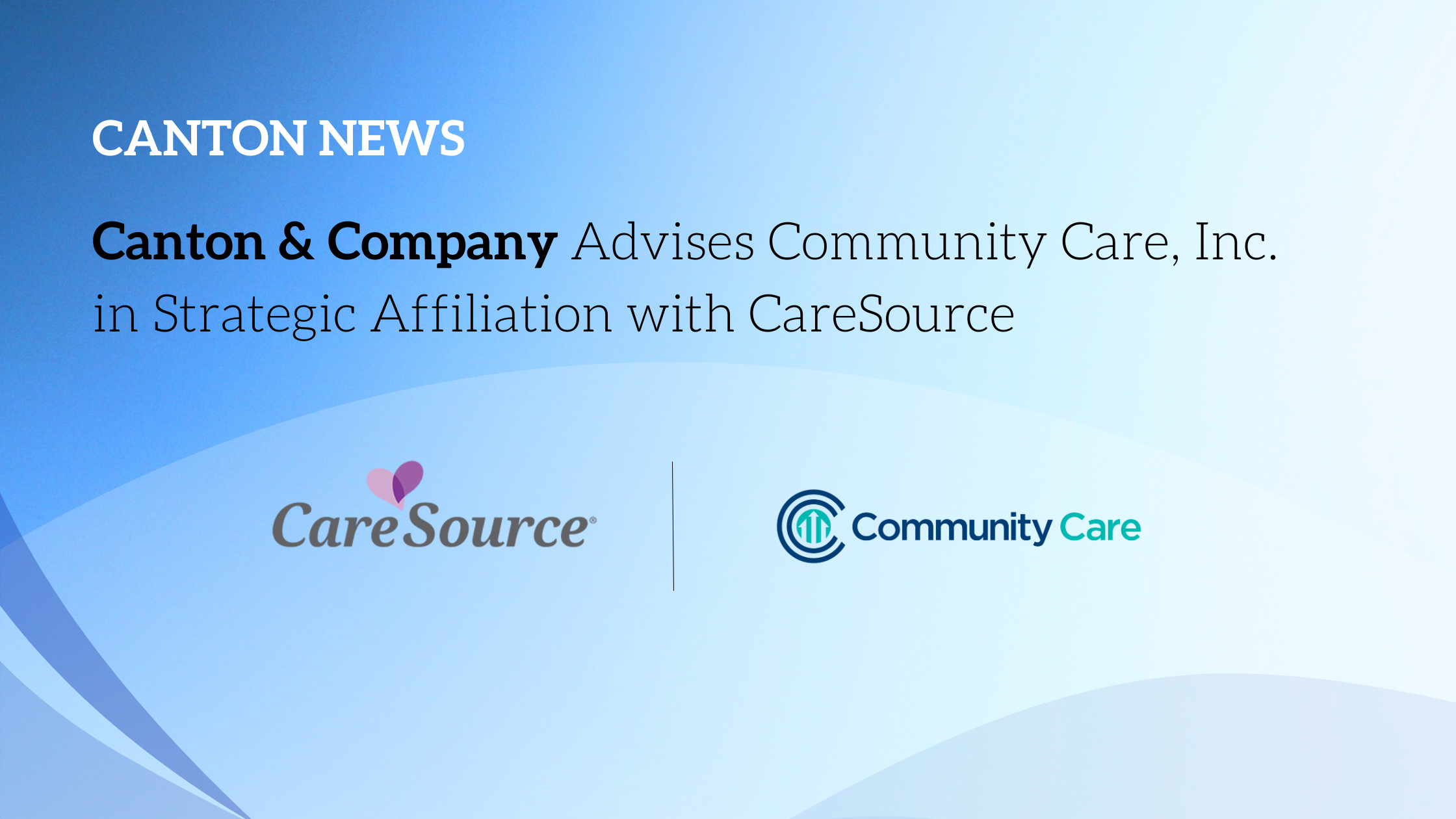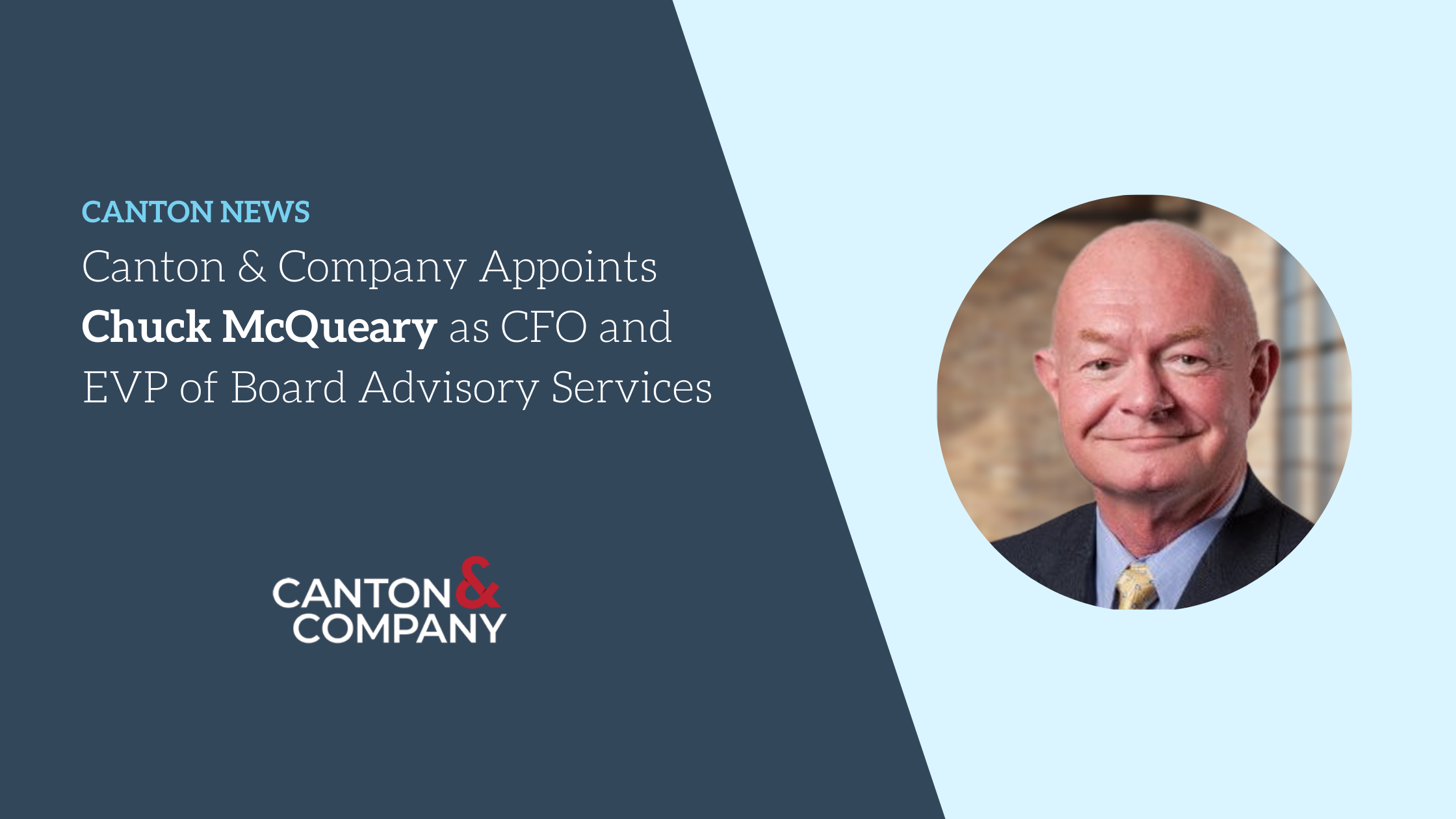Strategic Planning is a paradox – many say, “you can’t live with it, you can’t live without it”. A recent study by Bain suggested that strategic planning is the #1 tool in the executive’s arsenal to plan for the future; another study on organizational strategic planning found that 50-80% of key initiatives identified in such planning don’t work.
As an executive leader, you know that formal strategic planning is a must, and potentially even a requirement, but I am sure many of you also agree that it’s a necessary evil. In our experience, it doesn’t have to be that way, and we have found there are five actions that help drive successful organizational strategy.
Transforming a requirement into an asset
Make it pragmatic. The core idea behind strategic planning is to focus on the few things that can really change your game. You shouldn’t try to boil the ocean. In most organizations, identifying just the top handful of key, prioritized initiatives that can make the greatest impact will help your business become a top echelon performer.
Make it real. Don’t just go through the paces, and don’t be afraid to open your process to include external partners and contributors. How many of you have elicited input from businesses, like retailers, from vendors, from schools, churches and other community organizations? Why not?
Make it data-driven. Strategy is part-art, part-science, and there are any number of ways to build understanding and knowledge that informs strategy deployment. Enlist the latest tools. Our clients have gotten a lot of value from examining various future state scenarios, which we make realistic by modeling with real-life environmental assumptions. Does your planning work leverage contemporary, real-time, multi-sensory data? If not, it should.
Make it a practice. Strategic planning isn’t an end, it’s a contributing factor to sustainable, longitudinal success. The most successful organizations have adopted an annual planning cycle, one that incorporates strategy, operational, technological, people and financial planning with leadership development, market updating, talent and competency reviews and board alignment to “reach the finish line.” In this case, the finish line is a temporary stop; we start again during the next cycle to achieve even greater success.
Make it actionable and accountable. Many of our clients have complained about the “one and done” planning – “plan gets done, in a ‘black-box’, and gets put on the shelf”. Many of these same leaders have lamented a lack of accountability in their organizations. They have to connect the “planning with the doing” – which requires activation. Key initiatives focused on as goals, and adopted by the board, get assigned to responsible leader, actively monitored with an operating mechanism (a business rhythm that ensures the team is focused on them), with outcomes achievement becoming an integral part of the organization’s overall performance management. The strategic plan becomes an operating plan!
Make your move
By following these principles, executive leaders can transform strategic planning from a necessary evil into a powerful tool for achieving long-term success.
When we are engaged to support these endeavors, Canton clients receive a roadmap for activation, and a team dedicated to ensuring commitment, rigor and success. Unlike firms that drop off a plan and walk away, we stay engaged throughout your journey, helping you accelerate around corners, avoid roadblocks, and find the fast lane whenever possible. We are ready to help you make your move when you are.
Drive your organizational strategy with Canton. Get started today.


.png)



